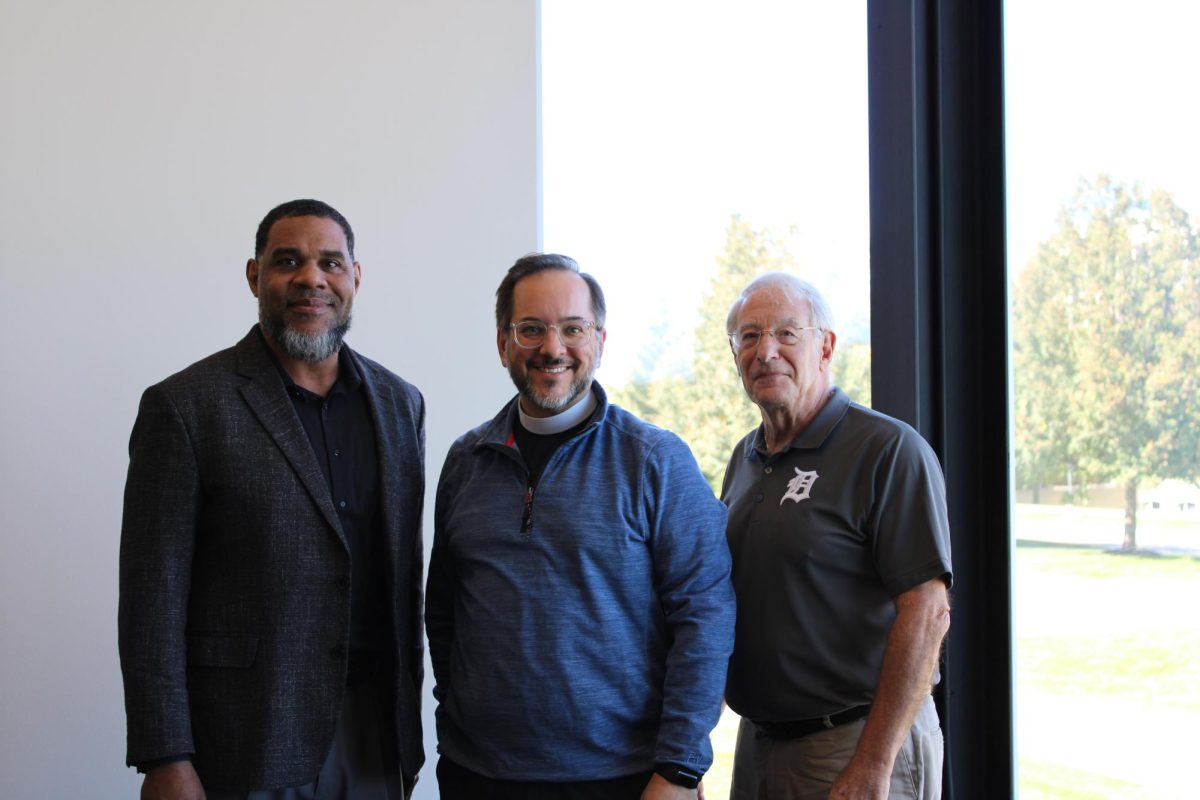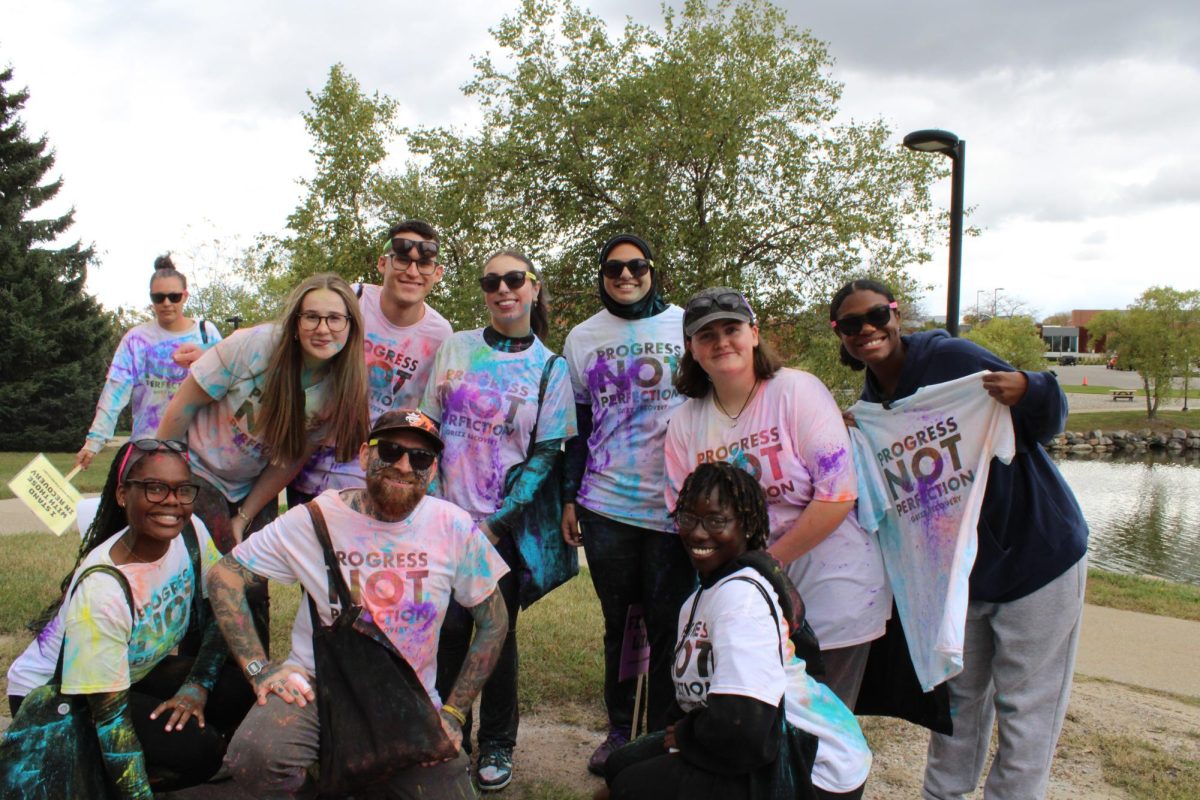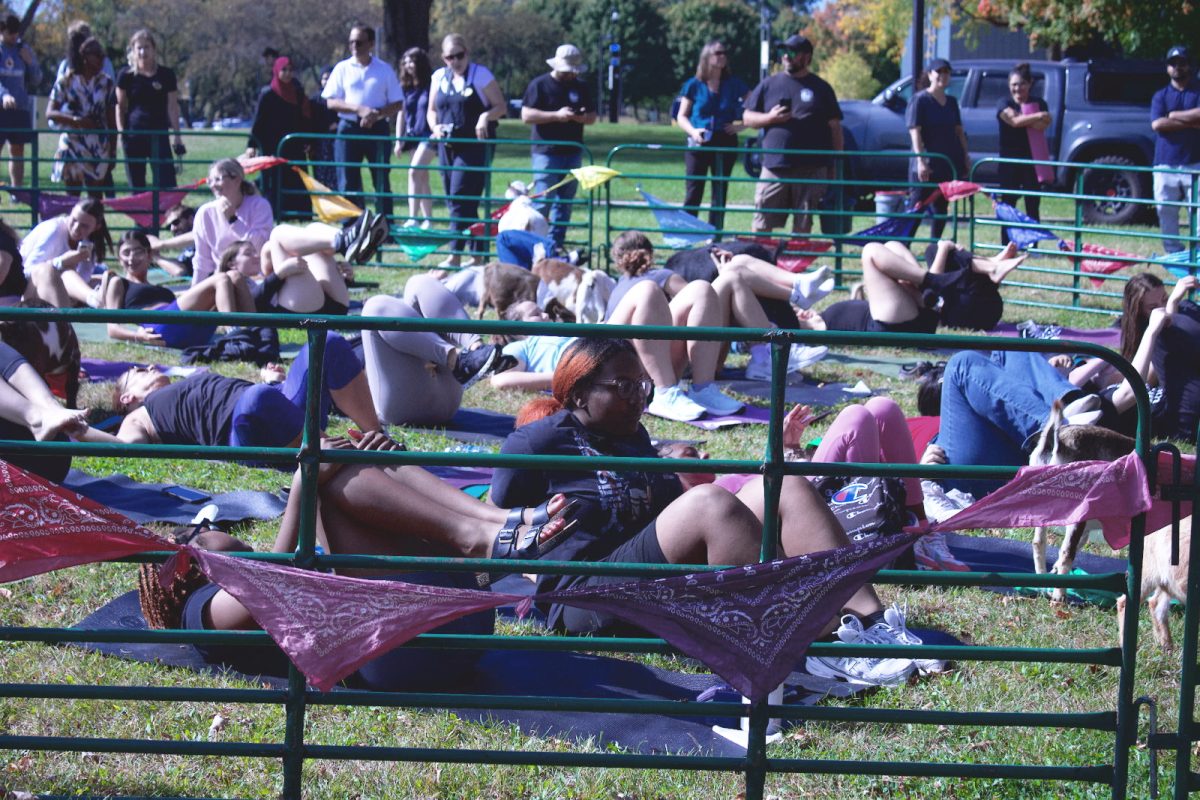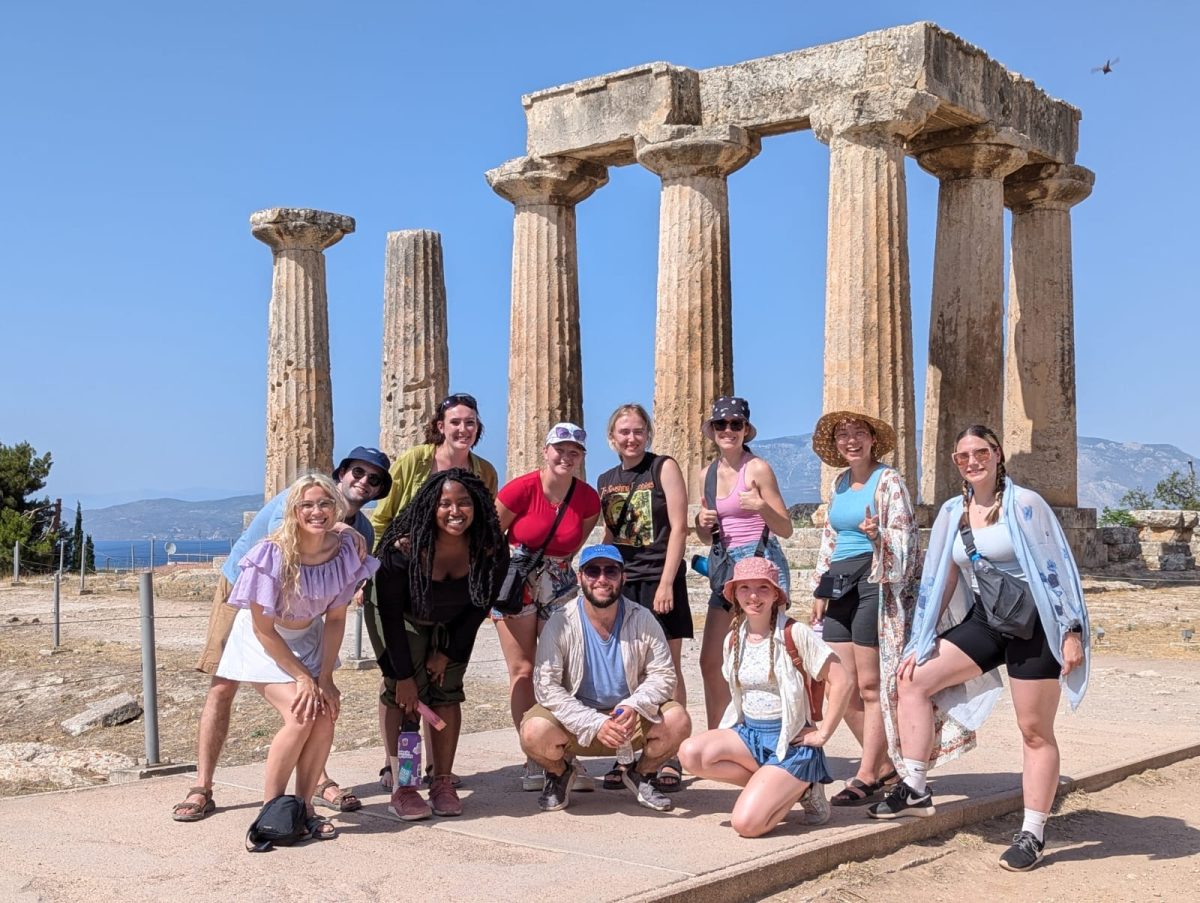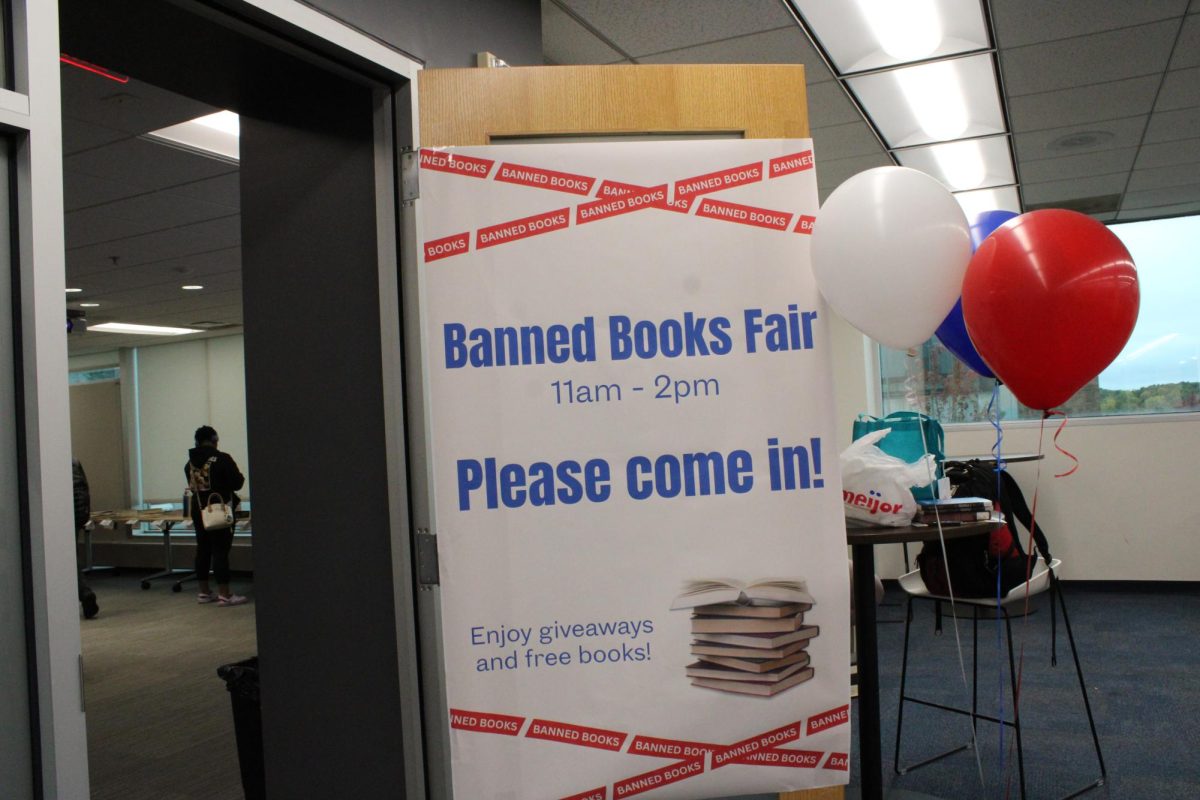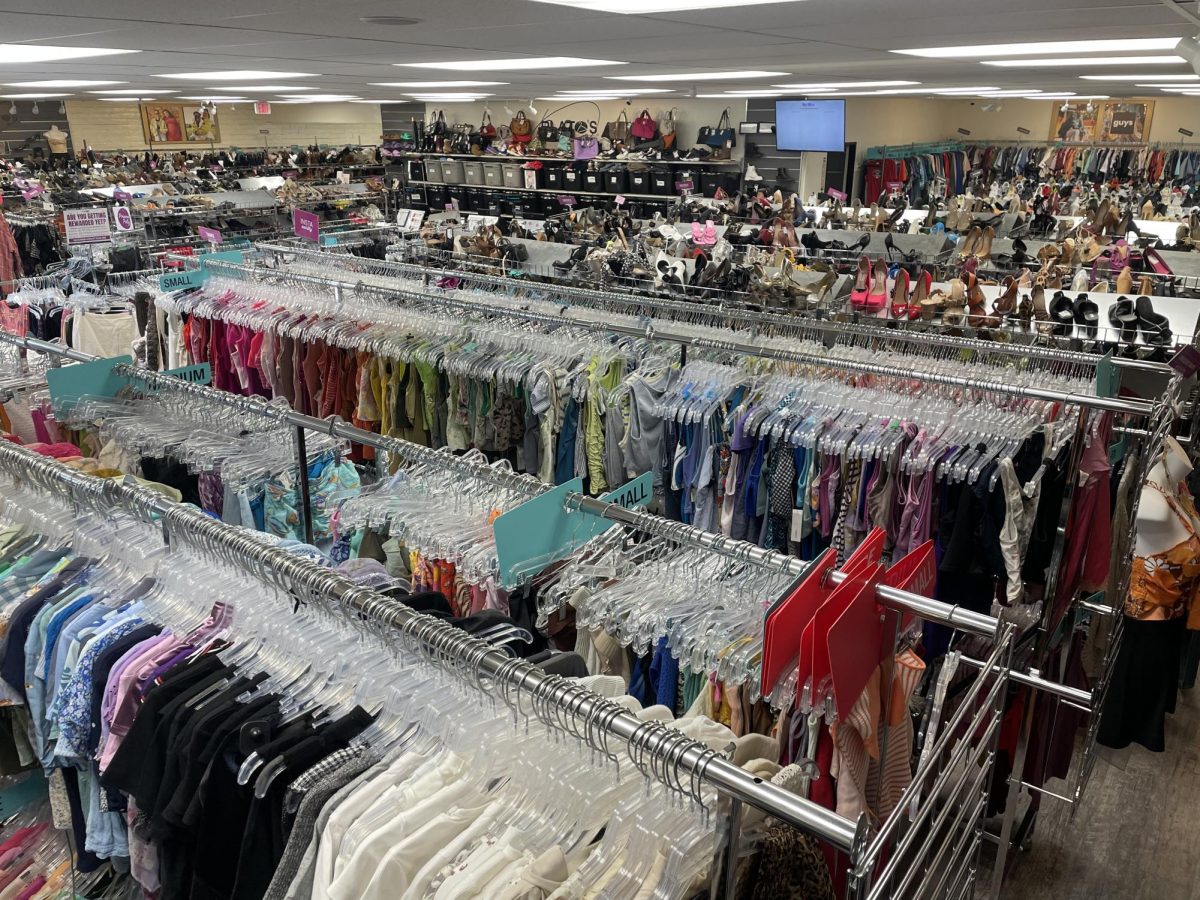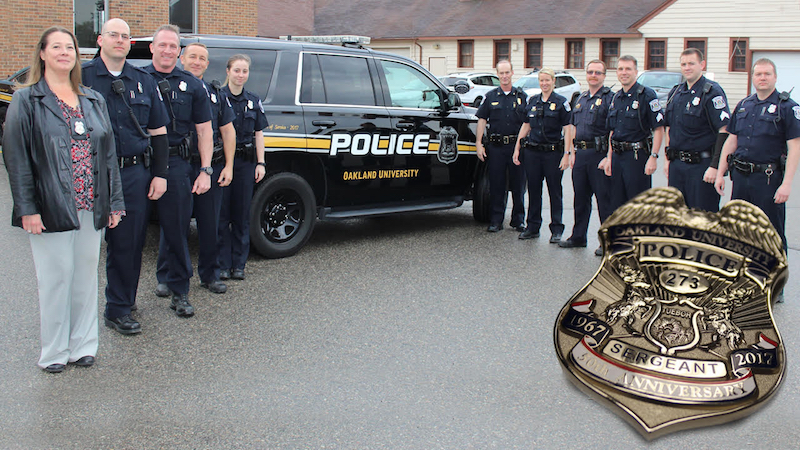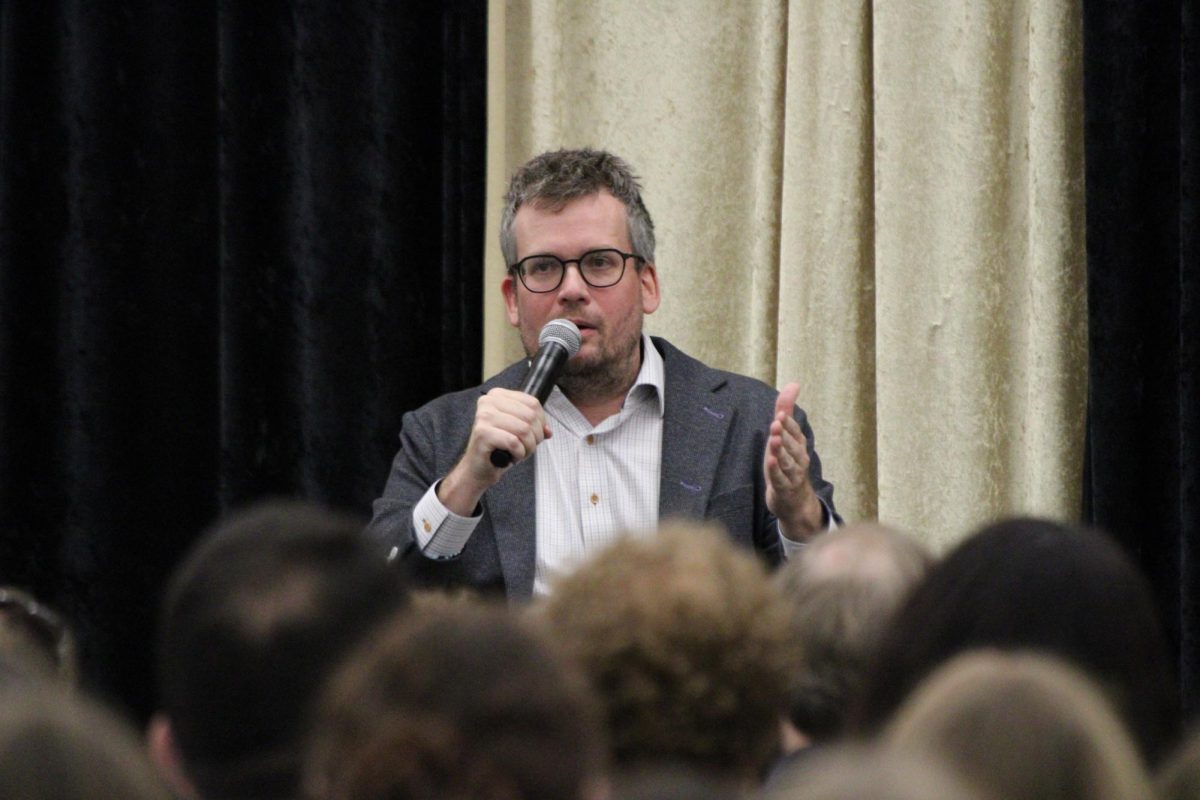On Oct. 9, Henri Gooren, Director of Religious Studies, moderated a conversation on religion in politics at the Oakland Center’s Ambassador’s Room. The participating religions were Christianity, Judaism and Islam.
The panel discussion was also a conversation with the students attending, exchanging questions with the three speakers.
Andrew Guffey represented Christian Studies, Joseph Klein represented Judaic Studies and Dawud Walid represented the Council on American-Islamic Relations (CAIR).
A plethora of topics were discussed in the three hours of the event, such as the complexity that religion has on American politics and how to utilize it, the various understandings of same-sex marriage, transgenderism and gender reassignment and how certain religions merge scientific research and faith.
“I think that the majority of Americans will be unsynchronized, unchurched and unmasked … that’s going to cause some political challenges, especially when it comes to issues of the First Amendment,” Walid said.
“Should religious priorities inform civil behavior? Obviously, it’s going to inform civil behavior, but I’m wary of the should, in part because I recognize that some of the breakdown in civility is not even, is not just secular, but also religious,” Guffey said as the conversation started. “There’s certain ambivalences that I have, or anxiety, unrest, about this relationship between religion or faith and the civic sphere … there’s, I think, a cautious engagement.”
Answering the same initial question, Klein recalled past presidential rhetoric.
“John Kennedy said he was Catholic and that his Catholic values were going to inform him in his presidency. I don’t have a problem with that … The issue is when one’s religious values begin to interfere with my religious values.” Klein said. “I definitely think there are values that we share, that our religions promote, and I’m wary of who it is that decides what they are.”
Among differences in faith, the speakers found similarities in how their older tenets approached contemporary subjects like same-sex marriage. Goore directed the conversation to the topic of personal rights regarding who one chooses to marry by pointing out that “this is diversity of opinion, not just between traditions, but within traditions.”
Guffey and Klein had similar points to make as, historically, both the Jewish and Christian communities were not supportive of same-sex marriage.
“In the progressive Jewish community, not the fundamental far-right Jewish community … a same-sex marriage is legitimate. It is honored, it is respected and it’s fully a part of the community.” Klein explained.
Guffey pointed to the theology of marriage as an explanation of the different opinions within creeds. “The idea is that [marriage] is making us better,” Guffey said. “If that’s the case, then on what basis can we deny this means of grace to people who happen to be attracted to people of the same sex?”
Referencing Muslim scholars and current events, “not a single Islamic advocacy organization or a single Islamic scholar ever raise[d] any public dismay about the legalization of same-sex unions, though it’s clearly prohibited according to Islamic law,” Walid added.
“It’s hard to talk about these things, and it’s good they had a space to talk about them,” mechanical engineering graduate, Alan Harris, said after similar conversations were held regarding the instrumentalization of faith in public discourse, in identity politics and foreign policy.
As a final word, Gooren stated the importance of conversations like this during the election year.
“We’re informing [students], they’re learning things about different faith revisions, they’re learning about diversity within the same tradition,” Gooren said. “I would hope OU students go to vote … and that they understand their civic responsibility.”



